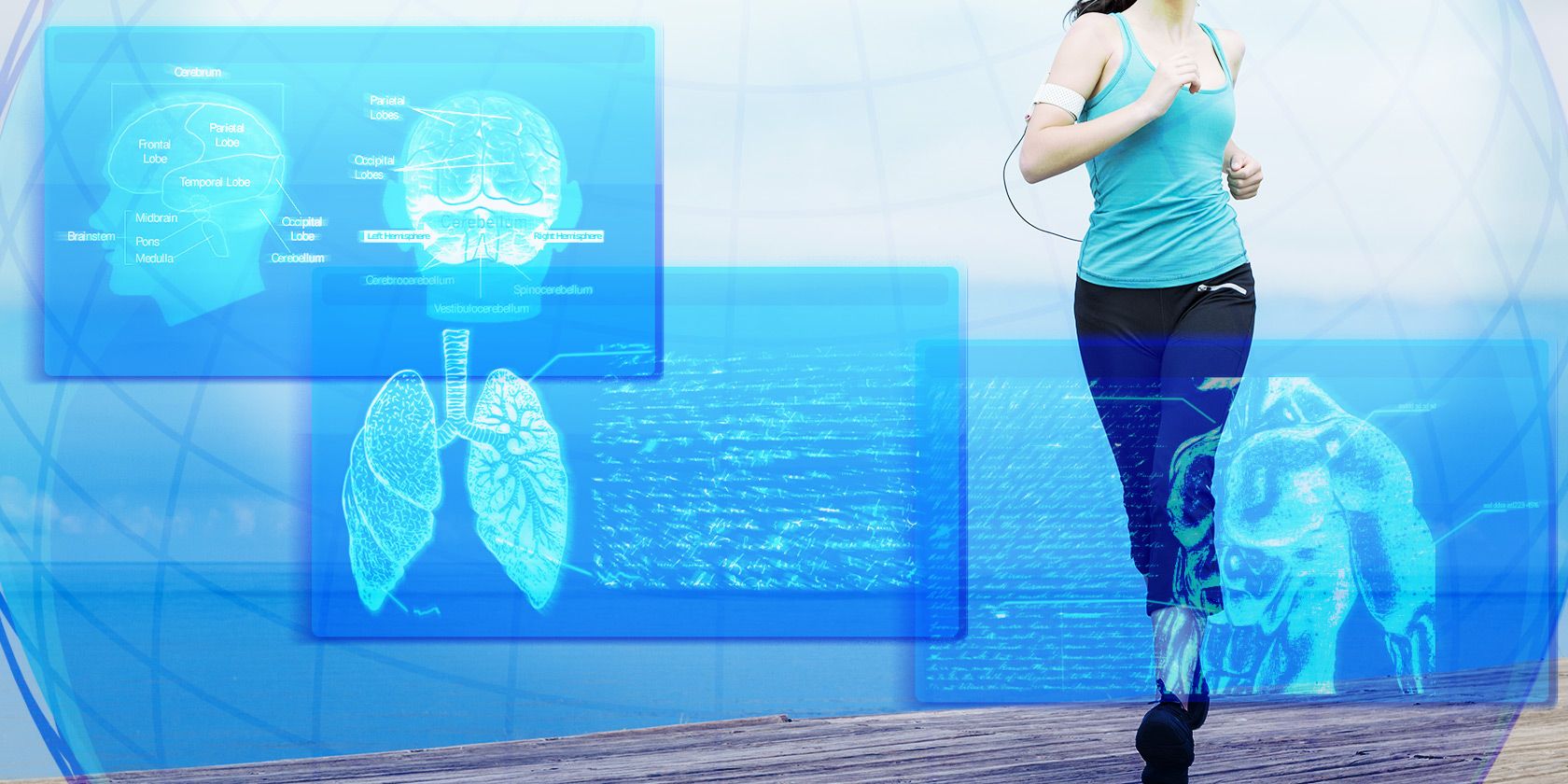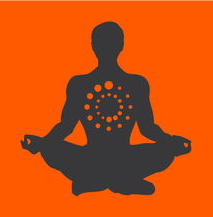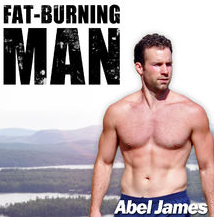The use of nutrition, exercise, health and fitness technology/gadgets, and psychology to improve mental and physical performance is on the rise. However, finding the time to keep up with the latest developments can be a tough endeavour that'll hopefully be eased by listening to these podcasts.
First though, let's have a quick introduction to biohacking, and also a brief disclaimer. Biohacking and self experimentaton can be dangerous. Do so at your own risk!
What is Biohacking?
For those who aren't quite sure what biohacking is, in short it's taking the hacker's mindset to biology, to help us enhance and optimise performance both mental, and physical. In effect, this often involves personal data tracking, self-experimentation and data analysis that's closely related to the intellectual movement of transhumanism. That is, attempting to use what we have at our disposal to enhance our 'mere' human capacities.
Back in 2010, Tim Ferriss published his behemoth of a bestseller The 4-Hour Body which is akin to a 'pick and choose your own biohacking adventure' book. This is a book which uses breakthroughs in nutritional science, technology, deconstruction of previously unquestioned knowledge (such as why we can't trust BMI), and a huge amount of self-experimentation and Quantified Self geekery to help readers achieve biohacks such as:
- How to lose 9kg in 30 days without exercise
- How to gain 15.4kg of muscle in 28 days
- Engineering the perfect night's sleep
- Reversing permanent injuries
- Going from 5km to 50km (running) in 12 weeks
Along with Tim Ferriss, there are other individuals who're pushing their human capacities to the limits, taking their health, fitness, and wellbeing into their own hands. Taking risks and leaps of faith to bring new biohacking insights to their readers and listeners. Just a few of these are below.
Ben Greenfeld Fitness Podcast
Ben Greenfeld is a world-class athlete, coach, author, speaker, ex-bodybuilder and Ironman triathlete on a mission to help his audience perform at peak capacity, with a loose emphasis on endurance sports. With regular guests who're leaders in their field joining Ben in these episodes, this makes for a fantastic, and varied podcast that'll teach you lessons from 'How to track every element of your fitness' to '7 signs your cortisol and adrenals are broken'.
Bulletproof Radio
Bulletproof Radio's Dave Asprey brings not just the knowledge he's learned from spending $250,000 on hacking his own biology, but also the knowledge of qualified MDs, olympic nutritionists, meditation experts etc. direct to your earbuds.
As opposed to Ben Greenfeld, who is tailoring his content more toward those who want to achieve peak physical performance, Bulletproof Radio is aimed more at corporate executives who want to take a deep dive into the various ways they can enhance and optimize their performance both in and out of the office (plus plenty of indirect discussions, too). A couple of example episodes are, 'Mark David Hacks into the Psychology of Eating' and 'Biohacking Your Impact'
Fat Burning Man
Abel James has been on a rapid quest of discovery after learning that almost everything he thought he knew about nutrition and fitness was wrong. Since then, he's relentlessly used himself as a human guinea-pig to re-learn the 'truths' about human performance. This podcast will take you on an often technical, scientific journey around physical biohacks, explaining in-depth topics such as Good Fats vs Bad Fats, and the 30 Day Heart Tune Up.
Smart Drug Smarts
Jesse Lawler, host of Smart Drugs Smarts, primarily uses neuroscience and experimentation with neotropics in an attempt to enhance brain performance, looking at issues from the impact of adrenal fatigue to transcranial direct current stimulation. Although having no official medical qualifications, Jesse has quickly become an authority in this arena, bringing a holistic approach to this specific area of study, while at the same time translating highly-strung medical papers into language we can all (mostly) understand.
These are just a few of the great podcasts focusing on biohacking. There are plenty of other blogs and YouTube channels dealing with these issues which you should Google, too (if you're so interested!).
Let me know in the comments what you think of biohacking. Is it a dangerous pursuit of 'perfection', or a defiant show of autonomy over our own health and wellbeing?
Image Credits: Young woman jogging Via Shutterstock





